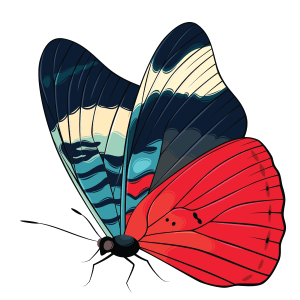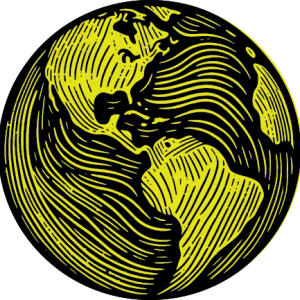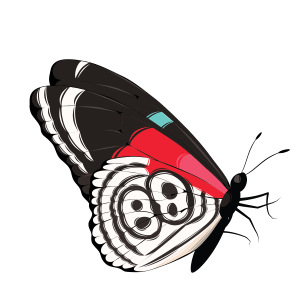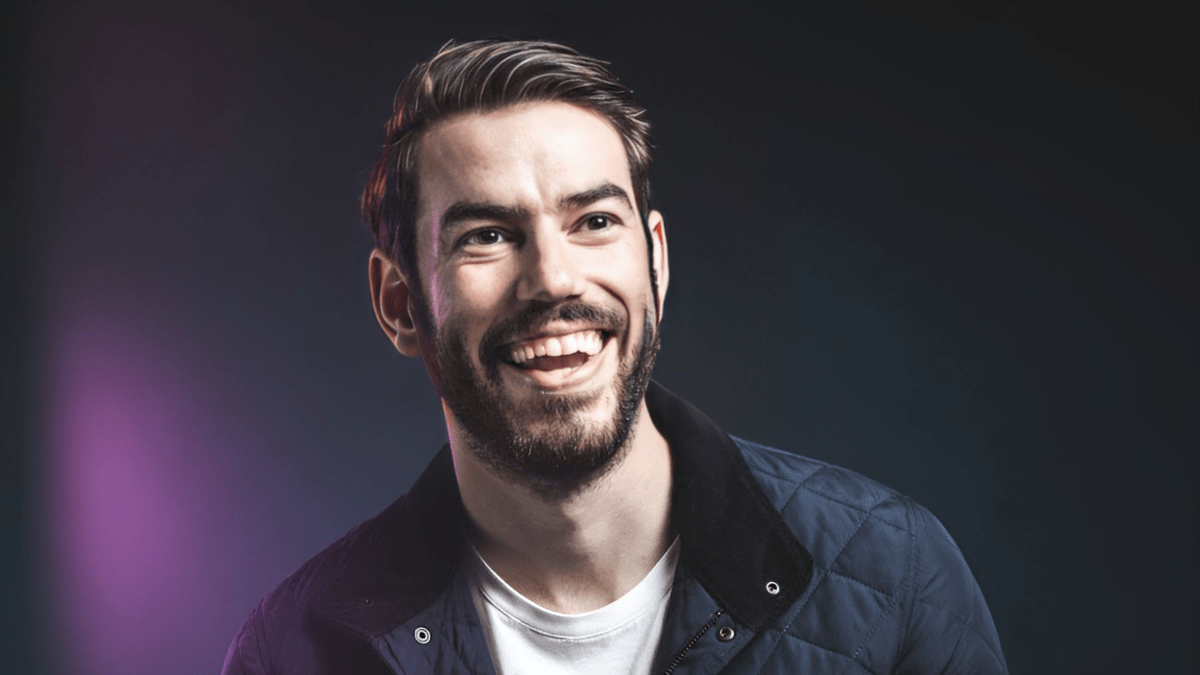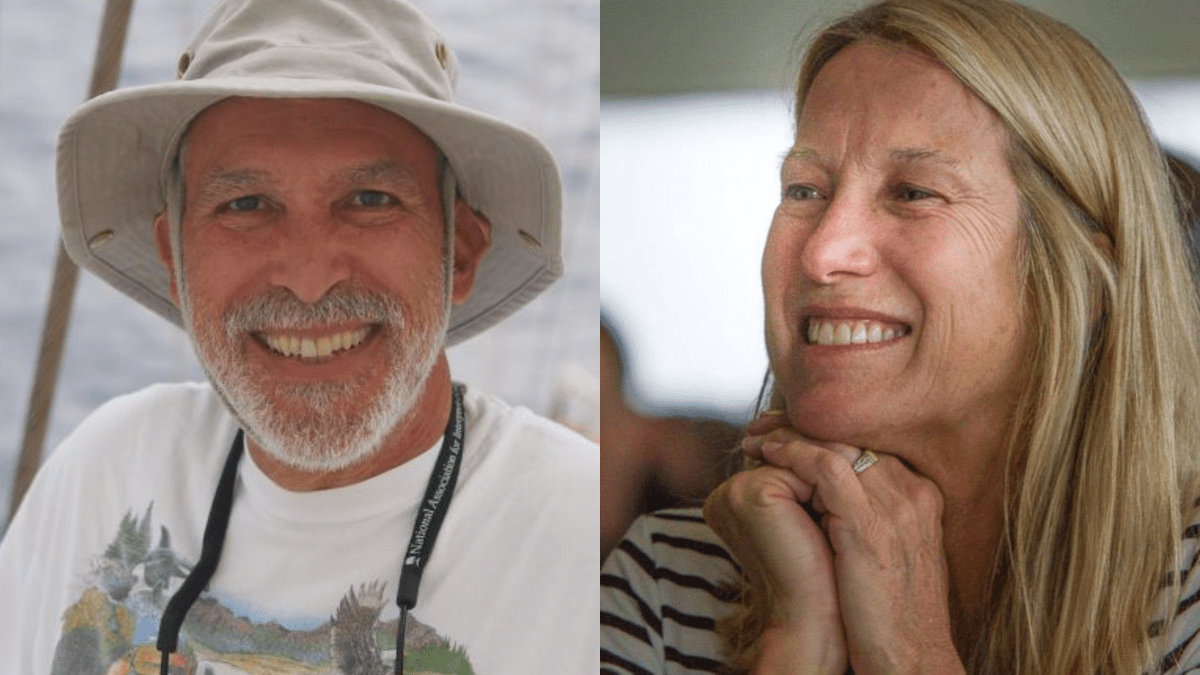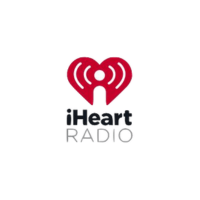February 2025
I have an acronym for "teach." It's True Education Always Creates Hope.
—Stefan Moss
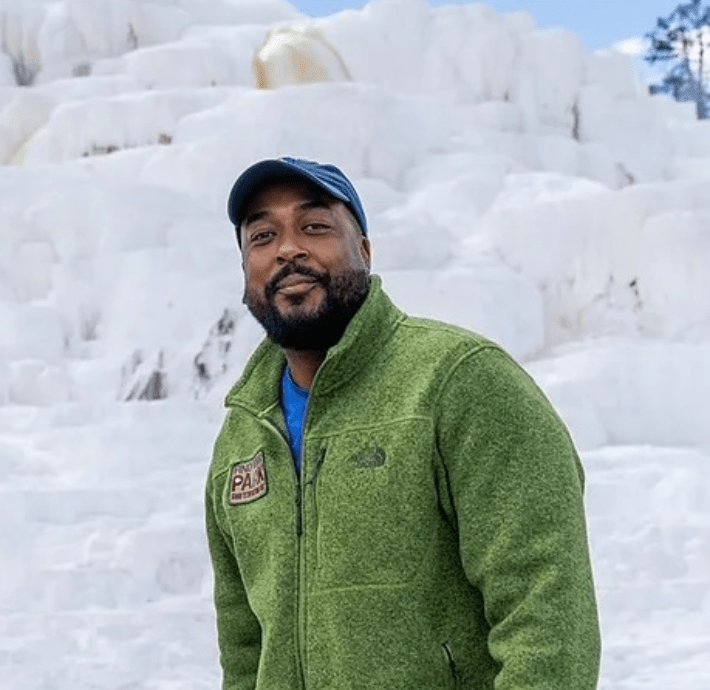
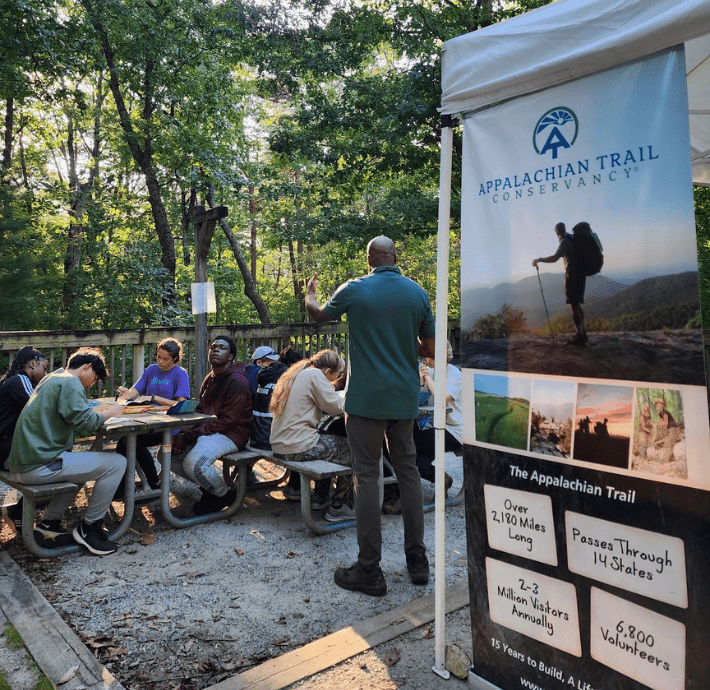
How can a student’s future be impacted when a scientist passionate about education steps into the classroom? Stefan Moss, an environmental scientist and educator, joins host Gerry Ellis to discuss how he transforms complex science principles into engaging, hands-on learning experiences, fostering both hope and awe in young learners. From his early days growing up in the Bahamas to working with middle schoolers in Georgia, Stefan shares how curiosity and representation can change the way young people see themselves—and their future careers in science.
"We have an opportunity to create the world we want by continuing to educate, but to make sure that everybody is involved in the process and making sure that we all have a way to engage with the things that we're passionate about—to inspire young people to continue to be curious about the world, continue to follow their heart and whatever field that they get into.
But always remember to engineer that hope, to bring hope to the world in whatever it is that we do."
Beyond the classroom, Stefan is working to uncover and share untold stories of resilience and ingenuity. He takes us inside his project on the Saltwater Underground Railroad, revealing how enslaved people in the U.S. South escaped to freedom in the Bahamas. What started as a personal research interest has evolved into a powerful environmental education tool to connect history with science in a way that students can experience firsthand.
"Now I see it. It is an environmental education tool because we're looking at GIS, we're looking at geography and how enslaved people are moving and migrating and finding resources and utilizing their knowledge of land and water to find freedom.
I was just so deep in trying to understand history. I lost sight of all of STEM and all the science applications. But now it's a bit more clear to me, so I'm excited to see where it goes."
While Stefan is passionate about getting kids outside, he also recognizes the power of technology when used with intention. He shares how by incorporating tools like iNaturalist and GIS mapping, students can build connections to nature, learn to identify species, track environmental changes, and even document history. But striking the right balance is key—how can educators harness digital tools without letting screens replace real-world experiences? Gerry and Stefan discuss the importance of training teachers to embrace technology as a bridge to deeper learning rather than a distraction.
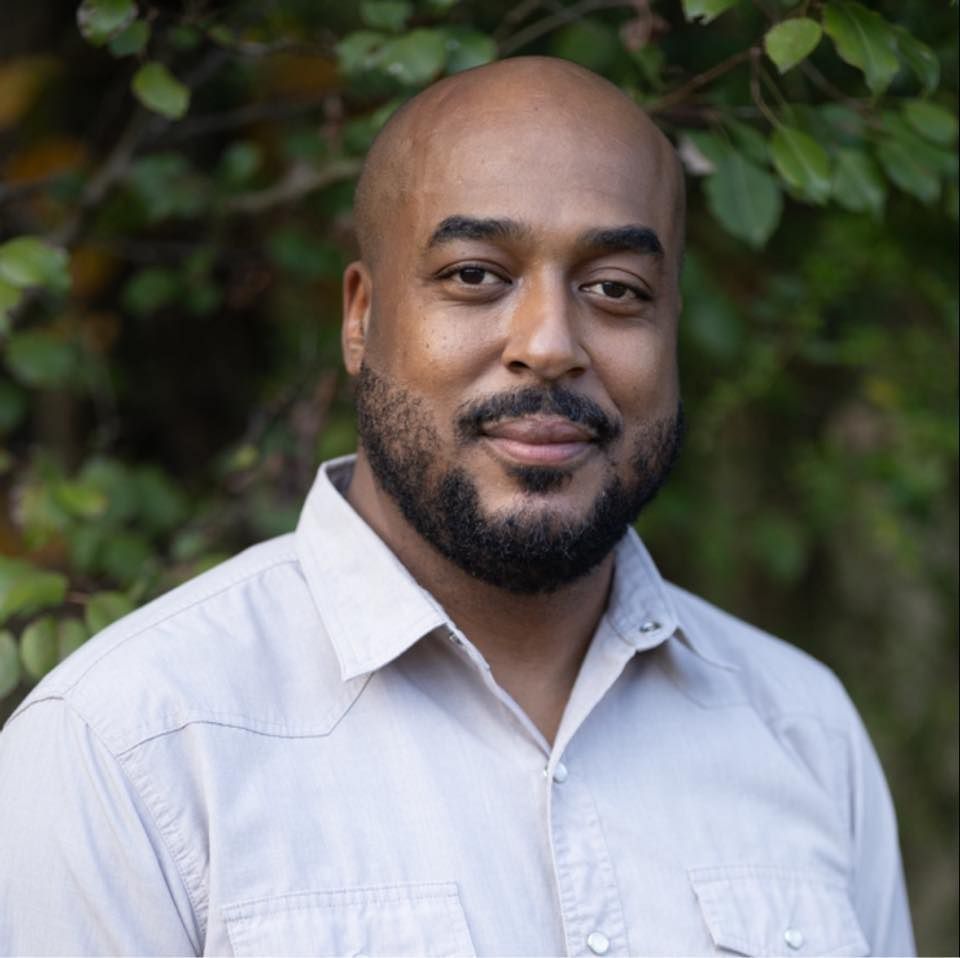
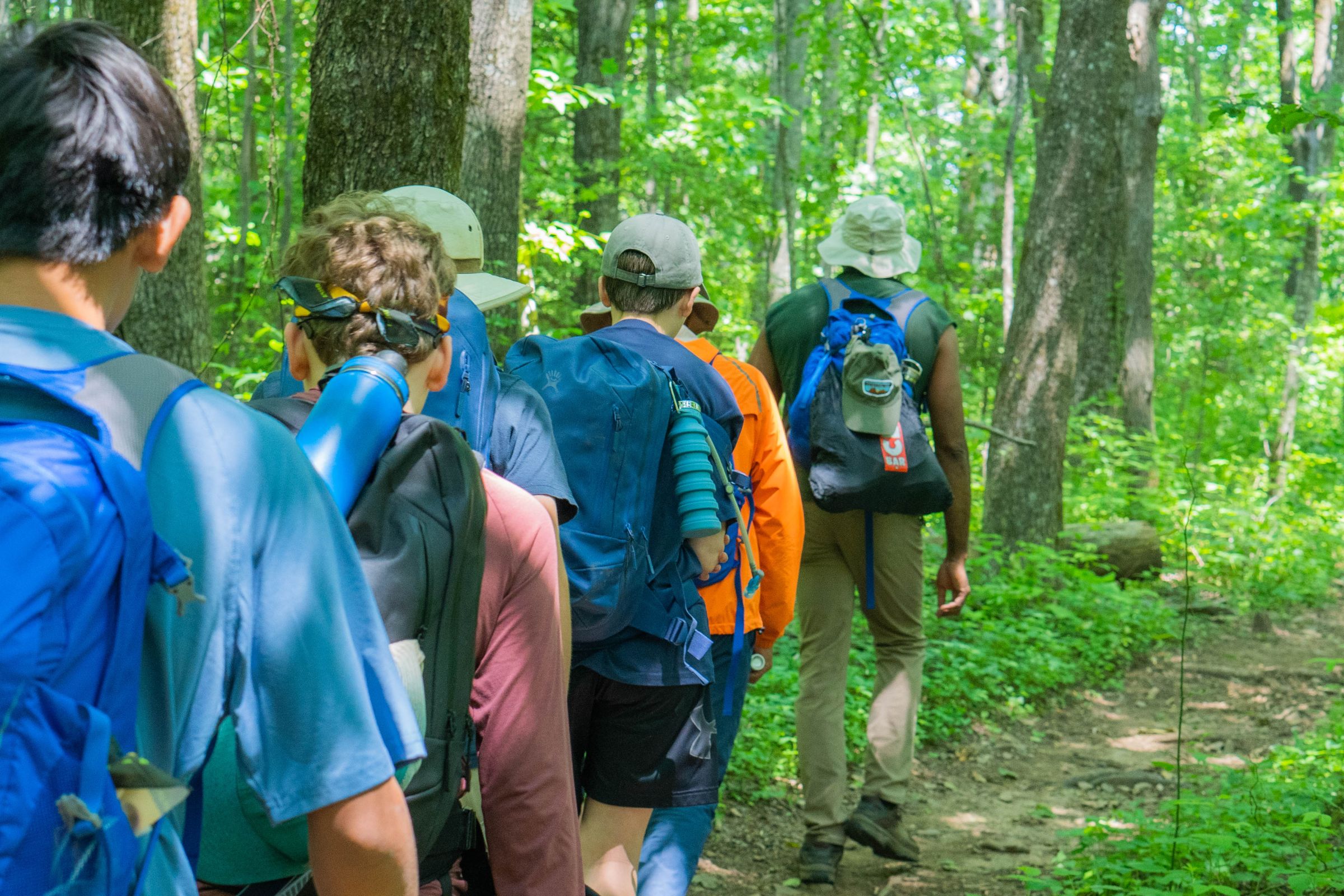
"That's the intentional work, where you're saying, 'Hey, here's a tool, but we're going to use it in a particular kind of way. '
If we're intentional like that, and if we're using the device and it's being used as a tool and not the lead, then I think we can continue to have the success that we want."
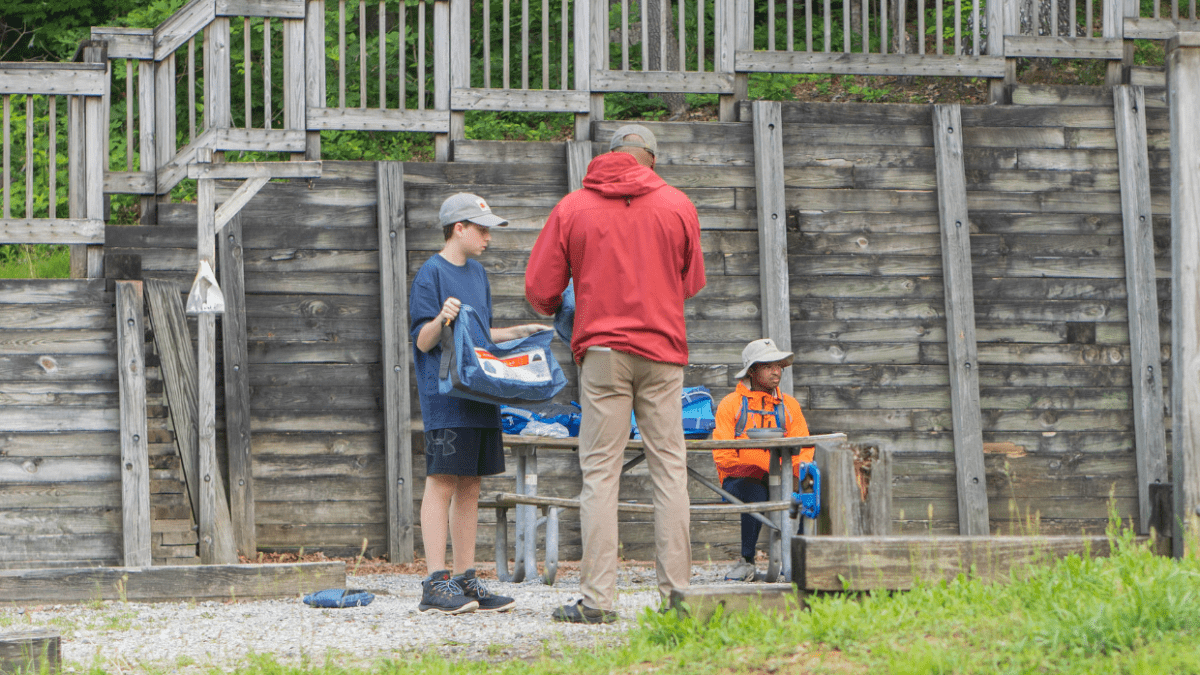
As the conversation unfolds, Stefan and Gerry explore the challenges of getting young people outside and the importance of engaging faith communities in environmental stewardship. Stefan’s passion for education shines through as he shares his custom acronym, “T.E.A.C.H.” True education always creates hope. Listen to Stefan’s thoughts on how we can ensure more students, teachers, and communities have access to these opportunities and how to continue fostering inspiration in learners of all ages.
Additional Resources for Educators
- Incorporate iNaturalist into your lessons about collecting and analyzing data, citizen science work, and even conduct a BioBlitz >
- Access lesson plans for K–12 classrooms on eePRO >
- Watch Stefan's presentation of strategies for inclusivity using garden-based learning >
- Get involved in your state or provincial EE Affiliate to connect with educators just like you in your region >
What did we miss? Please share your favorite resources in the comments and add your suggestions to eePRO.
About Stefan Moss
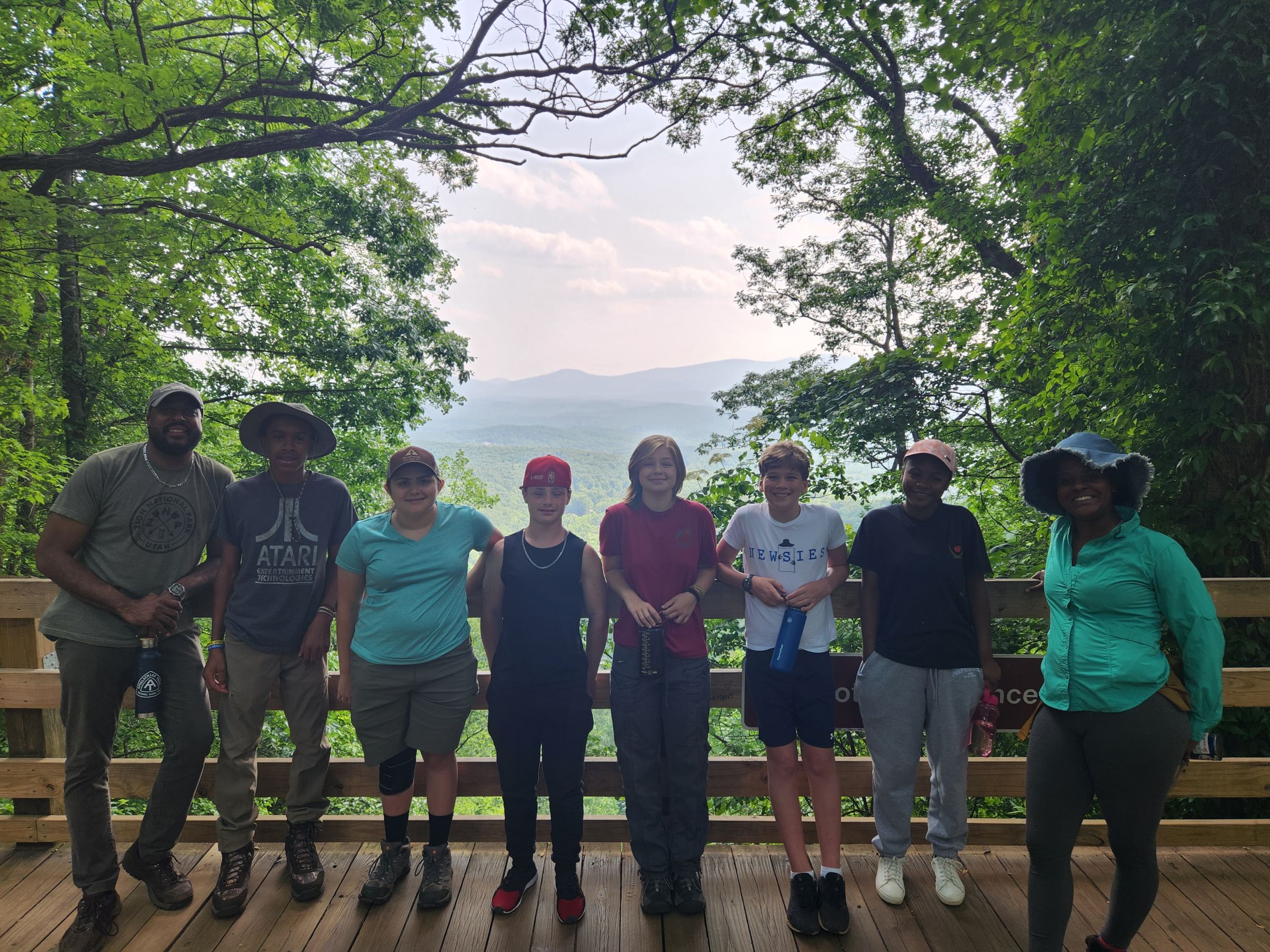
Stefan Moss is a Bahamian-American environmental scientist and educator. As a scientist, he worked in the public sector on UN-related projects in The Bahamas including the Stockholm Convention on Persistent Organic Pollutants (POPs), and assisted in the completion of the Bahamas National Implementation Plan for POPs. Additionally, he co-wrote the 2003 Bahamas National Invasive Species Strategy and the Layman's Guide to Alien Invasive Plant Species in the Bahamas. In the private sector, he applied his experience in environmental toxicology to work on soil and groundwater remediation projects in the United States for Fortune 500 companies such as Exxon Mobil and BP, and in The Bahamas for the construction of the luxurious Bahamar resort.
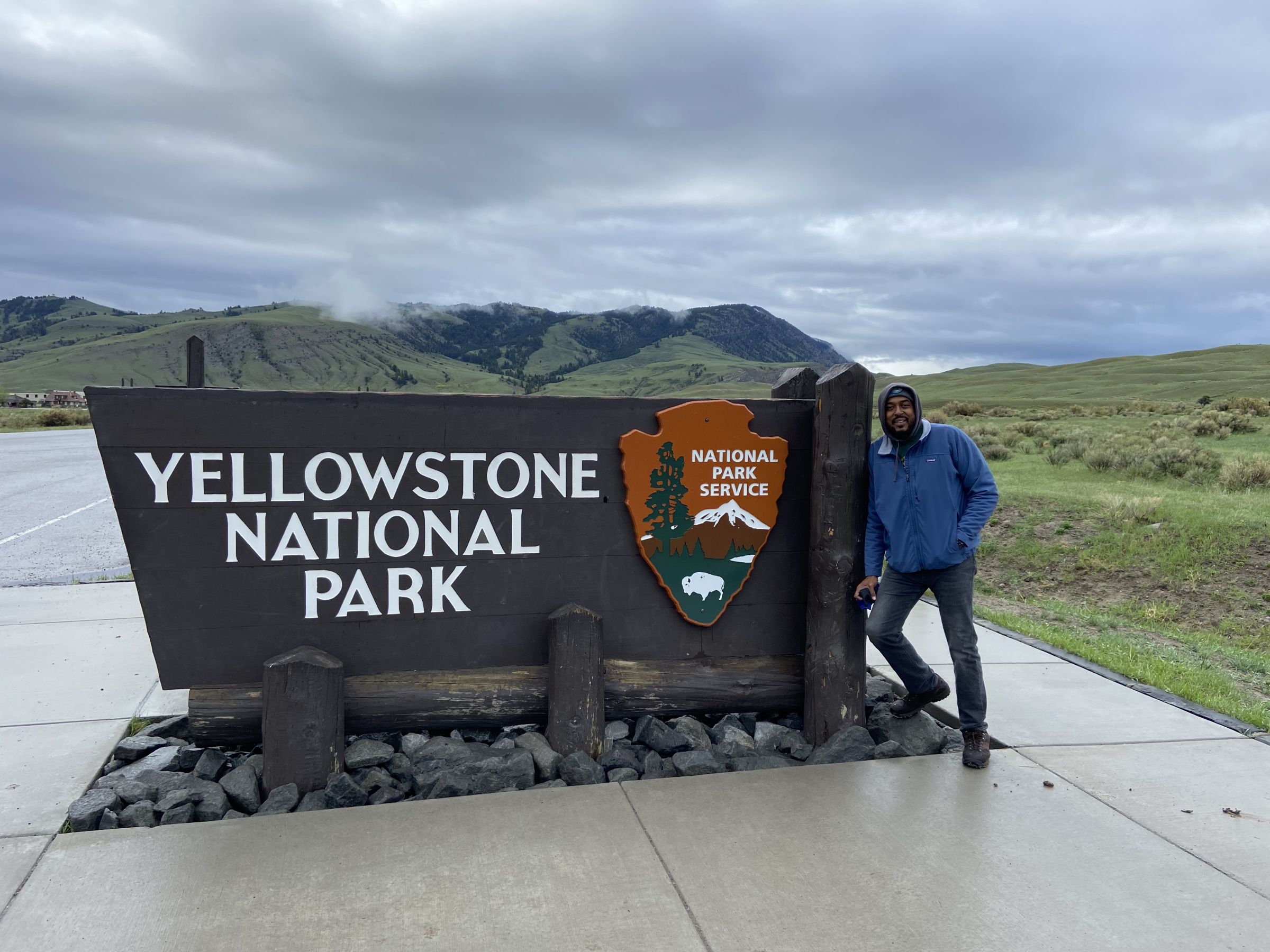
Moss completed graduate studies at the University of Tennessee at Chattanooga, and his work, supported by the Tennessee Aquarium, explored the presence of PCBs, PBDEs, and organochlorine pesticides in the Tennessee River. His thesis included the development of curriculum materials for middle and high school students in Hamilton County, sparking an interest in place-based education and community science. From 2015–2020, Moss served as adjunct professor of Environmental Science at Georgia State University, and also held an academic appointment at Georgia Military College. In 2014, he launched The Moss Group as a platform for youth mentorship, environmental education, and stewardship.
Stefan currently serves as a K–12 Science Educator in Georgia and consults with public and private organizations such as the U.S. National Park Service, U.S. Forest Service, Greening Youth Foundation, and the Appalachian Trail Conservancy. Read more about Stefan's involvement with the NextGen Forest Ambassadors program.
Learn more about Stefan's work with various organizations and institutions at www.stefanmoss.com
Read about Stefan's passion projects: The Saltwater Underground Railroad and the Environmental Education Alliance of Georgia.
Interested in hearing more from Stefan? Explore his collection of interviews and research at www.linktr.ee/stefanmoss.
Transcript
Transcript coming soon!
Listen to More Episodes of The World We Want
Image
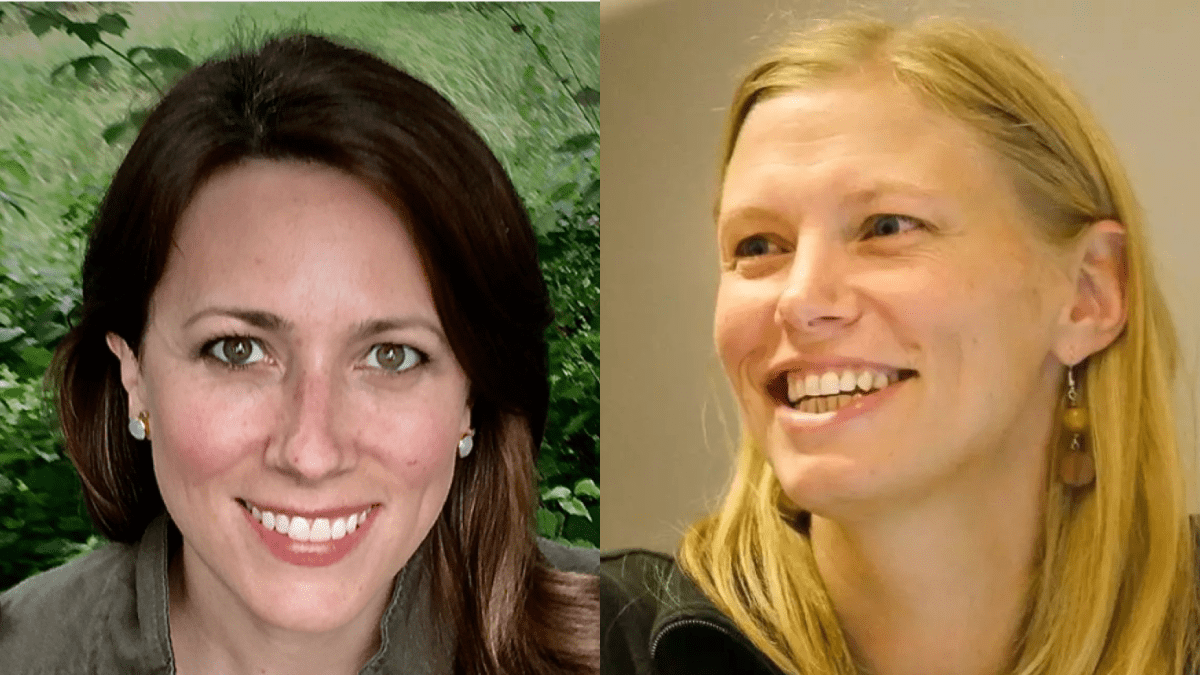
Next Up: The Future of Our Planet in the Hands of Young Changemakers with Anna Rathmann and Mary Ford
Episode coming soon! Mary and Anna connect the groundbreaking work of Jane Goodall with the Roots and Shoots initiatives, a program allowing youth around the world to guide their visions for a better world.
Image
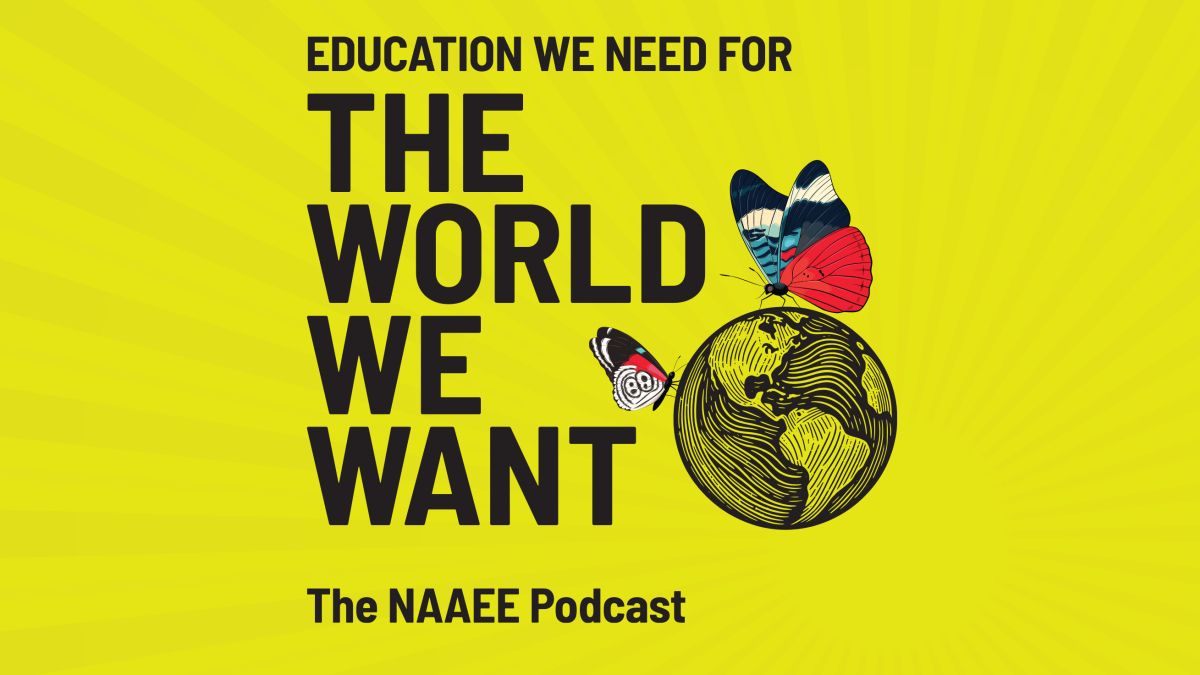
Imagine a world where communities thrive, curiosity sparks change, and hope fuels action. Welcome to The World We Want, the NAAEE podcast that's bringing a better future to life, one inspiring story at a time. Join us as we chat with people across continents and cultures who care about education and the environment—the trailblazers, visionary leaders, and everyday heroes making a difference.
Listen Now
Enjoyed This Episode?
Share your thoughts, takeaways, or resources you'd love to see featured by logging in or creating a free eePRO account.
